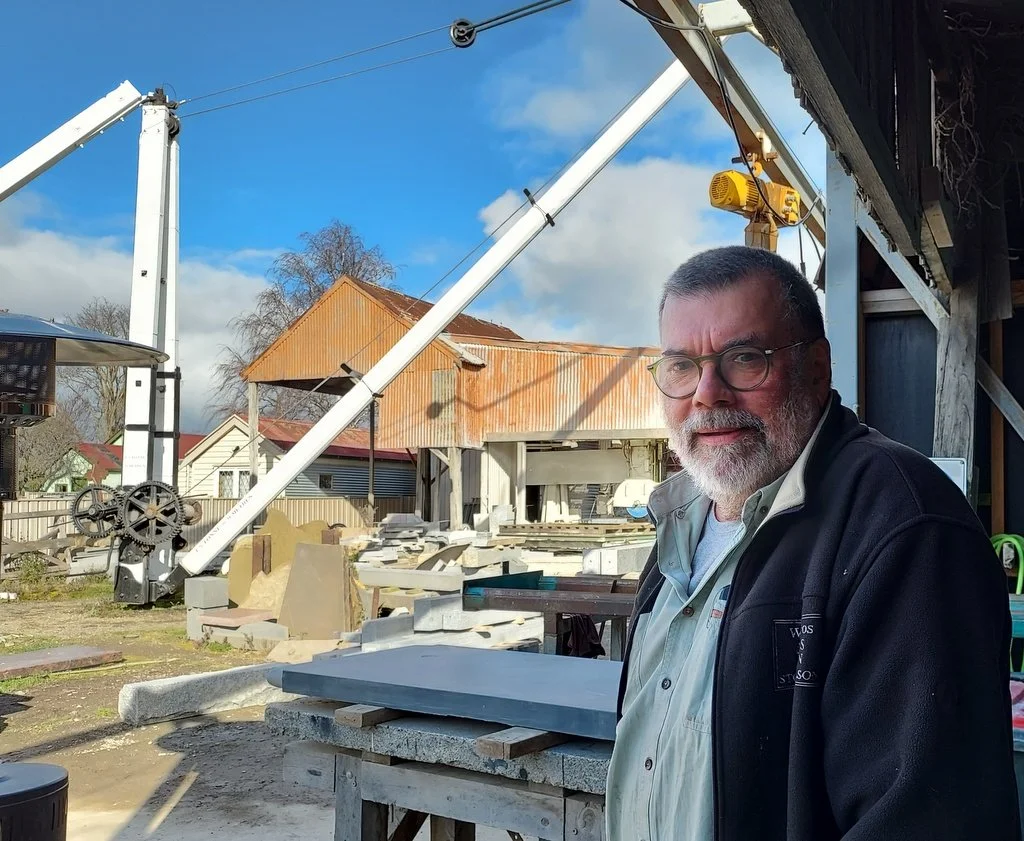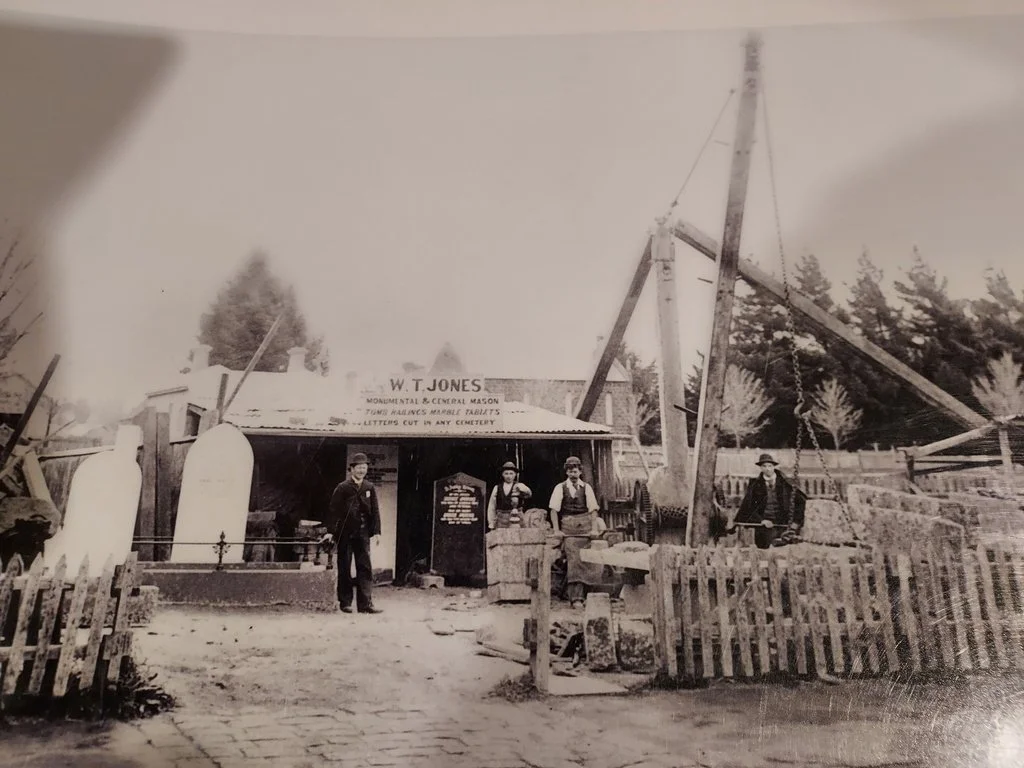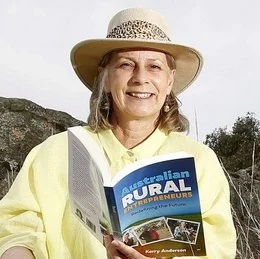Profitable Heritage
As skilled stonemasons diminish in number, demand is once again growing for their services. Garden landscaping, heritage building restorations, and memorials for cemeteries are just some of the services that WT Jones Stone Masons in Kyneton delivers Australia wide. But how do you sell a thriving business?
A recent visit to Kyneton revealed a bustling working yard tucked amid residential homes, retail outlets and restaurants on historic Piper Street. Owner, Huntly Barton, was there to greet me. He explained how he became custodian of the business in 1991 when it was purchased from one of the surviving sons of WT Jones, whose name is still on the sign. The business dates back to 1893 with the original timber office building still in use at the rear of a more modern bluestone office facing the street front.
‘I loved the concept of owning this business,’ Huntly admits. ‘I’d been building stone houses and walls in the region and got to know it through some casual work. Brian John who leased the business at the time became my monumental mentor.’
A strong advocate for stonemasons and monumental masons, Huntly loves explaining how the art of lettering has evolved over the years.
‘In the early days of the business, blacksmithing was a big part of the business as they had to make their own tools.’
While modern saws and sand blasters now take on the heavy work, heritage equipment still takes pride of place in the yard off historic Piper Street. Two restored stiff legged derricks from the 1860’s dominate the skyline.
Over the past three decades, Huntly has trained twenty apprentices. ‘We are in danger of losing these skills,’ he says. ‘We are one of only two places left in Victoria that can deliver Certificate III training.’
Far from shying away from heritage status, Huntly actively sought the assistance of a heritage architect to list the site as a prime example of a Victorian working stonemason’s yard. The listing hasn’t prevented the business from being profitable. As some bright spark once said, the only certainty in life is death and taxes. Huntly has seen the business grow from cutting 1,000 letters for monuments to 20,000 per year, assisted by disruption to trade routes and overseas competitors. Regional migration and an appreciation of historic stone houses in the district also brings in constant specialist work.
‘I’ve educated three children and employed multiple staff through this business,’ he says. ‘Now I spend most of my day on the farm and work part time. The team know what they are doing.’
Seven years ago, Huntly sat down with his accountant to plan an exit from the business. Determined to be proactive he wrote to every stonemason he knew but it would appear they already have plenty enough work of their own. Despite the healthy financial statements and an occasional expression of interest, he is still waiting to find ‘the one’; a new custodian, who will maintain the site as a working yard and can afford to buy it.
While capital has restricted some, Huntly suspects that limited knowledge of the industry may restrict the interest of other potential buyers. ‘My desire is for it to remain a working business, not just sell it for the site,’ he says. ‘The services are far too important to let it shut down. We need to keep passing on these skills and one option is for me to mentor the new owners as they transition into the business.’
The question remains: Who will be the right match?
Some tips and resources for selling and buying a business
Every business is different when it comes to an exit. You might pick up some valuable tips from this past interview with Michael Kerr from Kerr Capital on how to prepare your business for sale. WATCH INTERVIEW
Likewise, Michael and I also chatted previously about how to prepare to buy a business. WATCH INTERVIEW
Check out this new online platform (Australian founded) that is giving the opportunity for businesses to raise capital through investors BIRCHAL
Employee owned cooperatives are making a resurgence. Learn more about WORKER COOPERATIVES
KERRY ANDERSON: is author of Australian Rural Entrepreneurs and founder of Operation Next Gen Program. She works with small businesses and rural communities to embrace new opportunities. READ MORE


